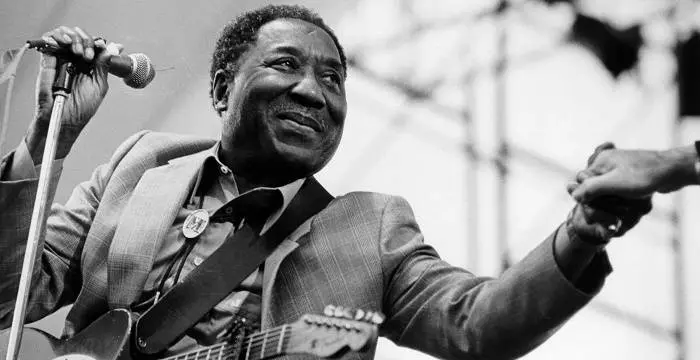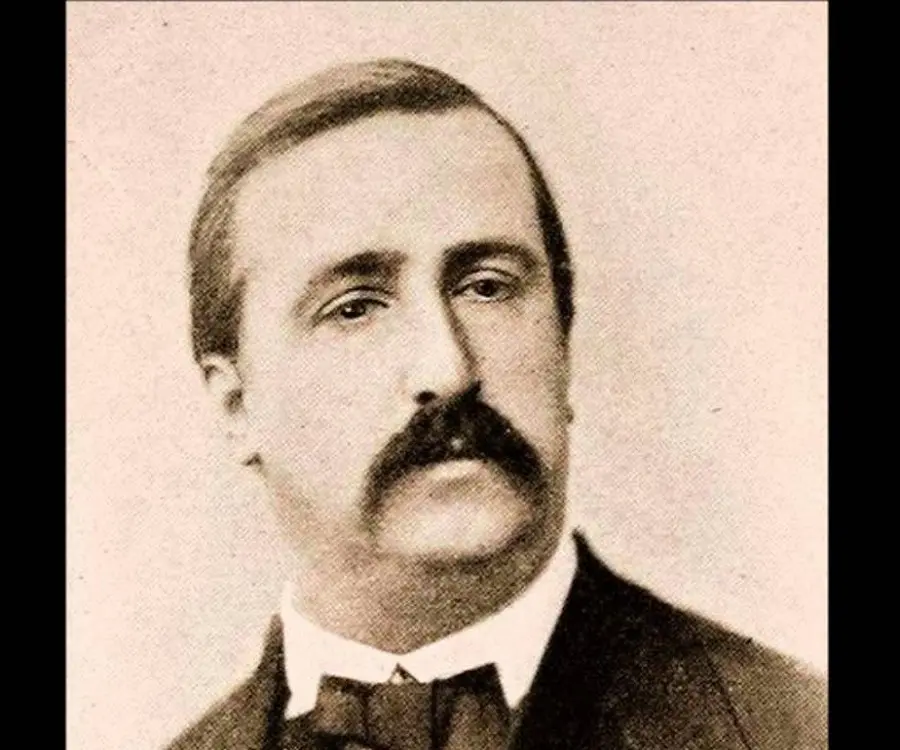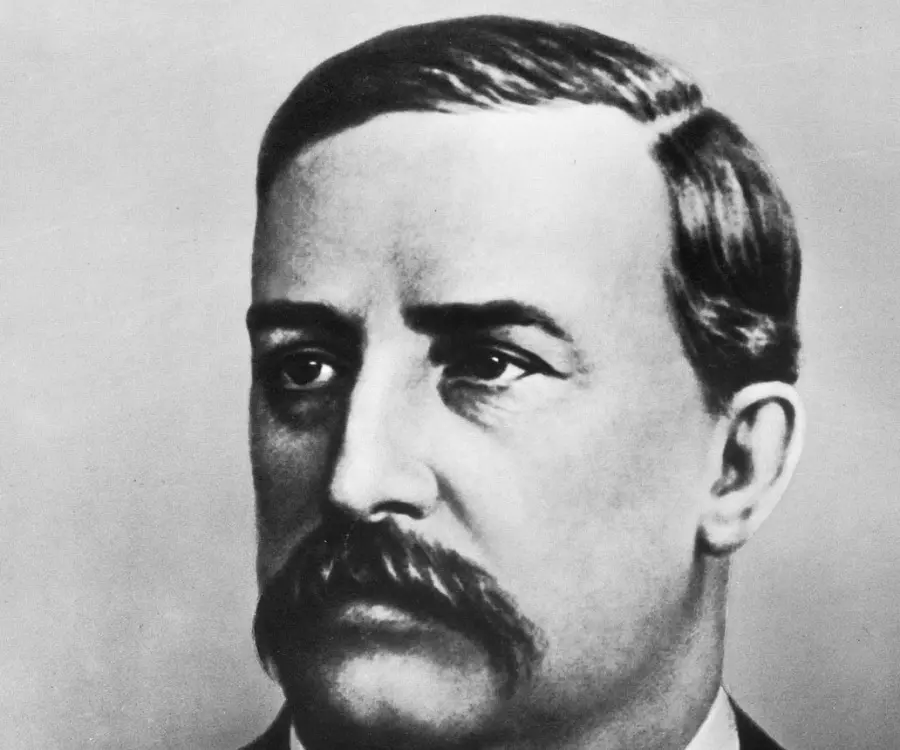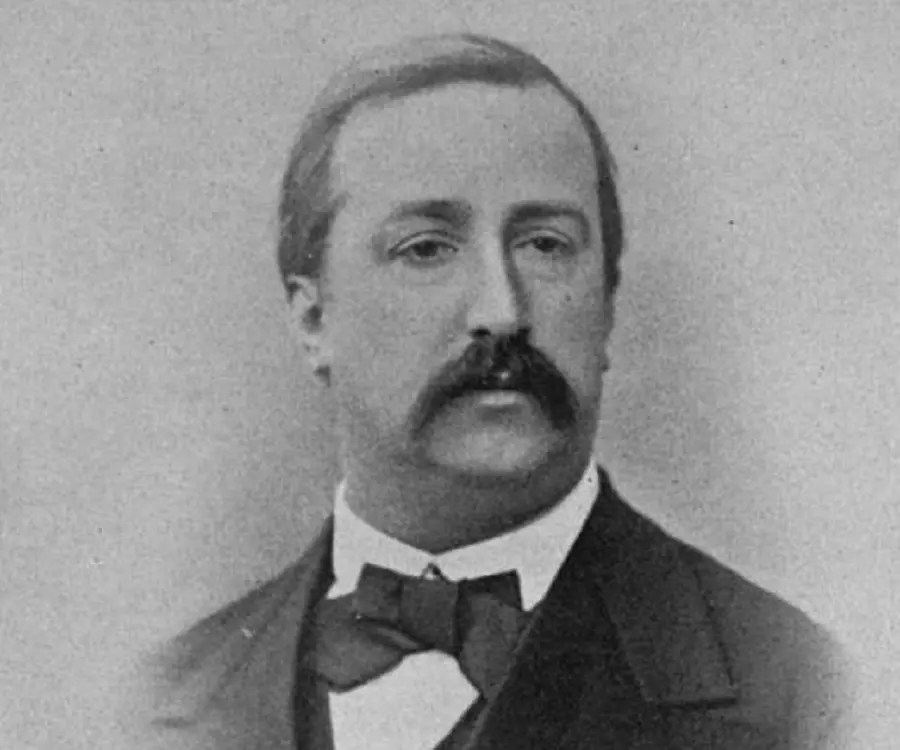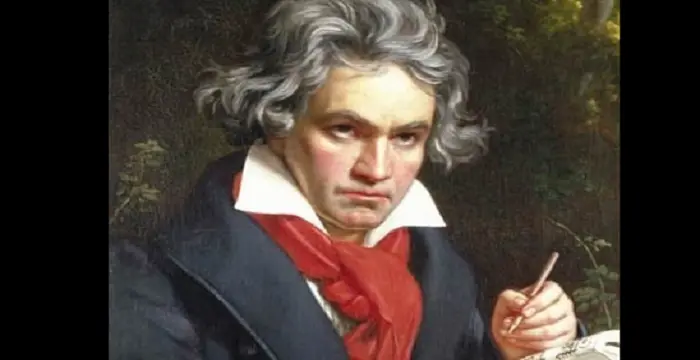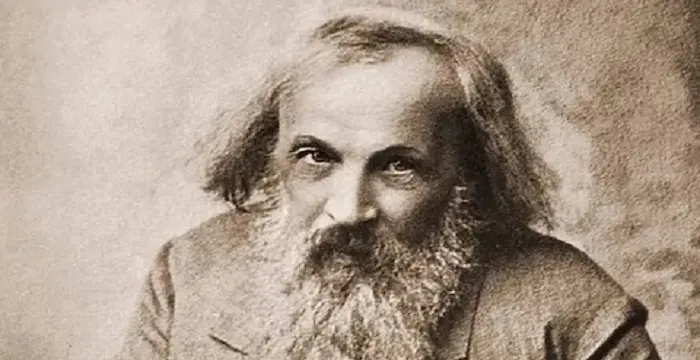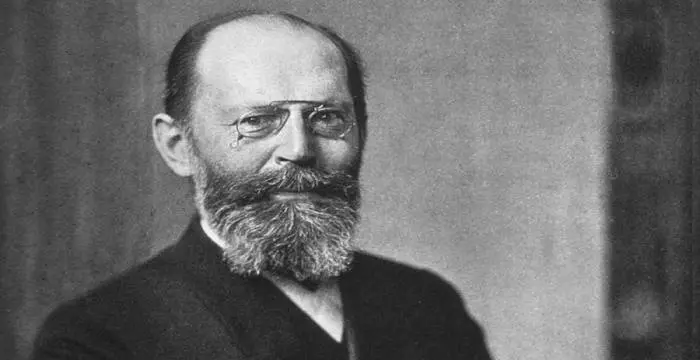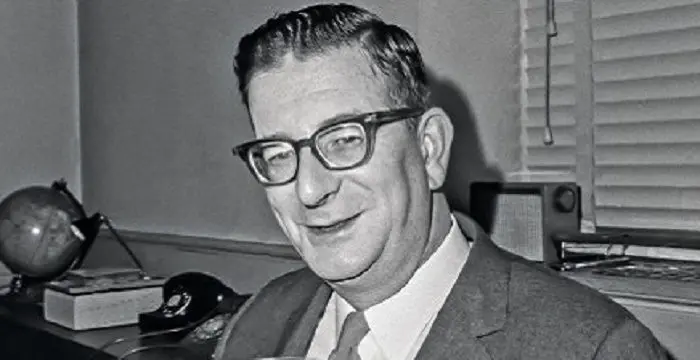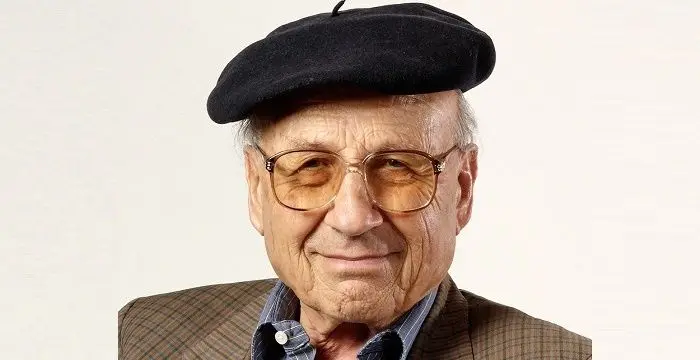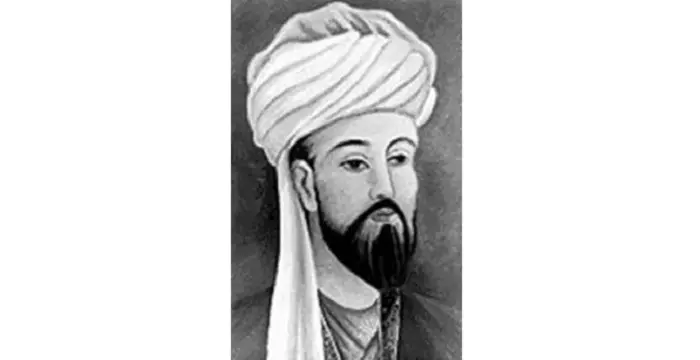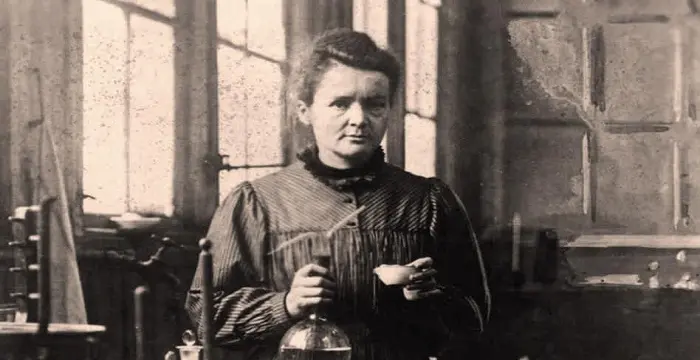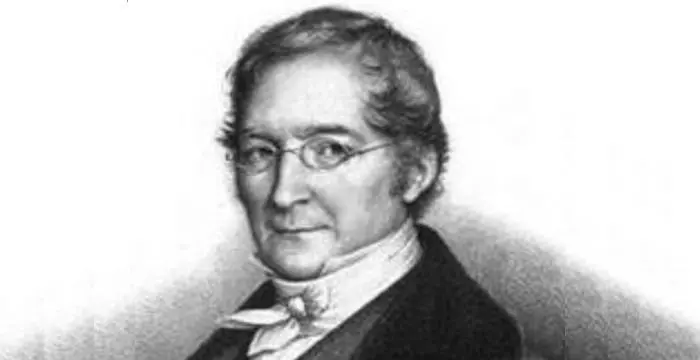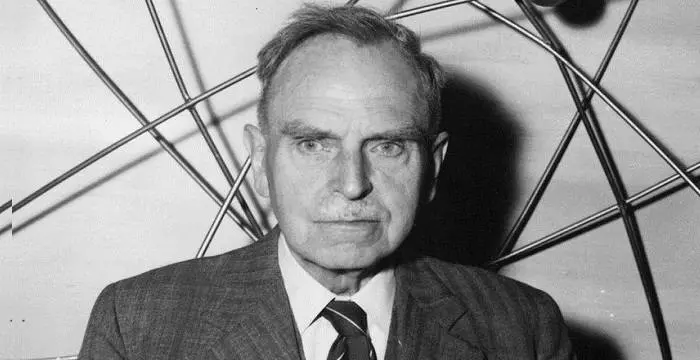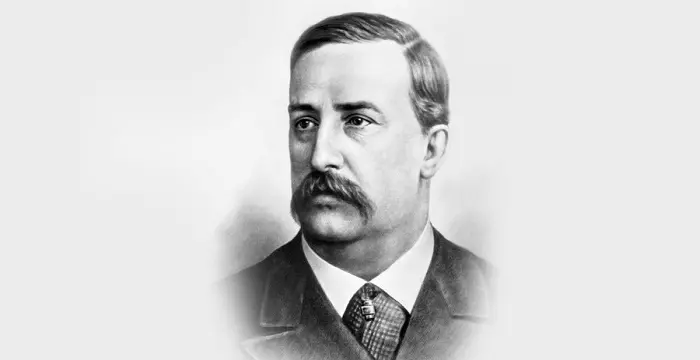
Aleksandr Borodin - Chemists, Life Achievements and Childhood
Aleksandr Borodin's Personal Details
Aleksandr Borodin was a prodigal Russian music composer and scientist
| Information | Detail |
|---|---|
| Birthday | November 12, 1833 |
| Died on | February 27, 1887 |
| Nationality | Russian |
| Famous | Musicians, Composers, Chemists, Organic Chemists |
| Spouses | Ekaterina Sergeyevna Protopopova |
| Childrens | Liza Balaneva (adopted) |
| Birth Place | Saint Petersburg |
| Gender | Male |
| Father | Luka Gedevanishvili |
| Mother | Evdokia Konstantinovna Antonova |
| Sun Sign | Scorpio |
| Born in | Saint Petersburg |
| Famous as | Composer, Chemist |
| Died at Age | 53 |
// Famous Musicians
Ted Nugent
Ted Nugent is a hard rock musician known for his hits ‘Stranglehold’ and ‘Cat Scratch Fever’. This biography of Ted Nugent provides detailed information about his childhood, life, achievements, works & timeline.
Muddy Waters
Muddy Waters was a blues musician referred to as the 'father of modern Chicago blues.' Check out this biography to know about his childhood, family life, achievements and fun facts about him.
Travis Bacon
Travis Bacon is an American musician and actor, better known as the son of veteran actors Kevin Bacon and Kyra Sedgwick. Find more about his family, birthday, etc.
Aleksandr Borodin's photo
Who is Aleksandr Borodin?
Alexander Borodin was a well-known music composer, doctor, chemist and philanthropist. He developed an interest towards chamber music while pursuing his chemical studies. He composed many symphonies, out of which “Prince Igor” is considered to be his best work. It was Franz Liszt, a Hungarian composer who helped him to earn fame as a music composer outside of the Russian Empire. Strong lyrical quality and presence of rich musical harmony are some of the features of his music composition. He developed a close acquaintance with Mily Balakirev who was a champion of Russian nationalistic music. He was greatly inspired by the works of Balakirev. He was a member of the group of composers called ‘The Five’ of Russia (Mily Balakirev, César Cui, Modest Mussorgsky, Nikolai Rimsky-Korsakov and Alexander Borodin) whose goal was to create an exclusive style of Russian art music. As a chemist, he discovered the ‘Aldol-reaction/condensation’, which has a very important role in the field of organic chemistry. He published several scientific papers on his research studies. In one of his scientific papers, he shared his idea about the identification of urea in animal urine. St. Petersburg Medical School for Women was founded by him, which established him as a great philanthropist.
// Famous Composers
Ludwig van Beethoven
Ludwig Van Beethoven was one of the greatest composers the world has ever had. Check out this biography to know about his childhood, family life, and achievements.
Emina Jahović
Emina Jahović Sandal is a Serbian model, actress and singer-songwriter. Know more about her childhood, life, career, achievements and timeline in this biography.
John Denver
John Denver, a famous American singer-songwriter and activist, is remembered for songs like Take Me Home, Country Roads and Annie's Song. To know more about his childhood, career, profile and timeline read on
Childhood & Early Life
Born as Alexander Porfiryevich Borodin, he was the illegitimate son of the Georgian Prince Luka Gedevanishvili. His mother was Evdokia Konstantinova Antonova while Porfiry Borodin, the servant of the Georgian Prince, was Borodin’s registered father.
Borodin was fluent in many languages such as Russian, French, English, Italian and German. He studied medicine from 1850 to 1856 at the St. Petersburg Medical-Surgical Academy and obtained his honors degree.
He obtained a doctorate in organic chemistry and the subject of his thesis was “On the analogy of arsenic acid with phosphoric acid in chemical and toxicological behavior”.
He carried on research work about benzene derivatives in the laboratory of Emil Erlenmeye,. Later, he conducted advanced research on aldehydes. The chemistry of mineral waters and their medicinal benefits were also the topics of his research.
During his stay in Western Europe from 1859 to 1863, he studied medicine and chemistry. In 1862, his experiment about the first nucleophilic displacement of chlorine by fluorine in benzoyl chloride was published.
He worked as a surgeon in a military hospital for one year. He also pursued an advanced scientific study in Western Europe for three years. At the same time, he attended the concerts of Franz Liszt.
Career
In 1862, he came back to St. Petersburg and taught Chemistry at the Imperial Medical-Surgical Academy. There, he worked on self-condensation of small aldehydes. At the same time, he pursued music as a hobby and played the piano.
The first symphony he composed was in 1862, under the guidance of Mily Balakirev. In 1864, he published his papers of experimental work on self-condensation of small aldehydes.
He started composing his “Symphony No. 2” in 1869. Simultaneously, he remained busy in scientific research and delivery of lectures.
His interest in the field of organic chemistry led him to discover the ‘Aldol-reaction/condensation’ in 1872. In the same year, he set up medical courses for women. The same year, he declared about the discovery of a new by-product in aldehyde reaction with alcohol-like properties to the Russian Chemical Society.
In his last article on reactions of amides that he published in 1875, he discussed about a method of the identification of urea in animal urine. In 1877, for the first time, he performed his “Symphony No. 1” outside of Russia.
Major Works
He composed “In the Steppes of Central Asia”, a symphonic poem, in 1880. This orchestral work represents an interaction of Russians and Asians in the steppe lands of the Caucasus.
His “Prince Igor” is an opera in four acts along with a prologue. Considered as his masterpiece, it includes “Polevetsian Dances”. Based on the incident of Polovtsinas’ invasion of Southern Russia in the 12th century, this opera tells the story of the capture of Prince Igor.
He composed “String Quartet No. 2”, a work in four movements in 1881. One can notice a perfect amalgamation of harmony of four musical instruments. One of its movements “Nocturne” is truly praiseworthy for its lyrical quality.
Personal Life & Legacy
In 1863, he married Ekaterina Protopova, who was a Russian pianist. They adopted a child namely Liza Balaneva.
After suffering from cholera and several minor heart attacks, he passed away suddenly.
His work “Prince Igor” was completed posthumously by Rimsky-Korsakov and Glazunov. “The Borodin Quartet”, a string quartet, is named in his honor. The name "Alexander Borodin” was used as a fictional character by the chemist Alexander Shulgin in his books “PiHKAL” and “TiHKAL”.
Trivia
Robert Wright and George Forrest used the musical composition of this great musician in their musical “Kismet” in 1953. Due to the success of this musical, this music maestro received a Tony award posthumously in 1954.
// Famous Organic Chemists
Dmitri Mendeleev
Dmitri Mendeleev was a Russian chemist who is best known for his discovery of the periodic law. Check out this biography to know about his childhood, life, achievements, works & timeline
Hermann Emil Fischer
Emil Fischer was a Nobel Prize winning chemist from Germany who is known for inventing the ‘Fischer Projection’ method. To know more about his childhood, career, profile and timeline read on
Robert Burns Woodward
Robert Burns Woodward was a Nobel Prize winning American chemist known for his work on complex natural products. Check out this biography to know about his childhood, life, achievements, works & timeline.
Aleksandr Borodin's awards
| Year | Name | Award |
|---|---|---|
Other | ||
| 0 | 1954 - Tony Award | |
Aleksandr Borodin biography timelines
- // 12th Nov 1833Born as Alexander Porfiryevich Borodin, he was the illegitimate son of the Georgian Prince Luka Gedevanishvili. His mother was Evdokia Konstantinova Antonova while Porfiry Borodin, the servant of the Georgian Prince, was Borodin’s registered father.
- // 1850 To 1856Borodin was fluent in many languages such as Russian, French, English, Italian and German. He studied medicine from 1850 to 1856 at the St. Petersburg Medical-Surgical Academy and obtained his honors degree.
- // 1859 To 1863During his stay in Western Europe from 1859 to 1863, he studied medicine and chemistry. In 1862, his experiment about the first nucleophilic displacement of chlorine by fluorine in benzoyl chloride was published.
- // 1862In 1862, he came back to St. Petersburg and taught Chemistry at the Imperial Medical-Surgical Academy. There, he worked on self-condensation of small aldehydes. At the same time, he pursued music as a hobby and played the piano.
- // 1862 To 1864The first symphony he composed was in 1862, under the guidance of Mily Balakirev. In 1864, he published his papers of experimental work on self-condensation of small aldehydes.
- // 1863In 1863, he married Ekaterina Protopova, who was a Russian pianist. They adopted a child namely Liza Balaneva.
- // 1869He started composing his “Symphony No. 2” in 1869. Simultaneously, he remained busy in scientific research and delivery of lectures.
- // 1872His interest in the field of organic chemistry led him to discover the ‘Aldol-reaction/condensation’ in 1872. In the same year, he set up medical courses for women. The same year, he declared about the discovery of a new by-product in aldehyde reaction with alcohol-like properties to the Russian Chemical Society.
- // 1875 To 1877In his last article on reactions of amides that he published in 1875, he discussed about a method of the identification of urea in animal urine. In 1877, for the first time, he performed his “Symphony No. 1” outside of Russia.
- // 1880He composed “In the Steppes of Central Asia”, a symphonic poem, in 1880. This orchestral work represents an interaction of Russians and Asians in the steppe lands of the Caucasus.
- // 1881He composed “String Quartet No. 2”, a work in four movements in 1881. One can notice a perfect amalgamation of harmony of four musical instruments. One of its movements “Nocturne” is truly praiseworthy for its lyrical quality.
- // 27th Feb 1887After suffering from cholera and several minor heart attacks, he passed away suddenly.
- // 1953 To 1954Robert Wright and George Forrest used the musical composition of this great musician in their musical “Kismet” in 1953. Due to the success of this musical, this music maestro received a Tony award posthumously in 1954.
// Famous Chemists
Henry Cavendish
Henry Cavendish was a theoretical chemist and physicist, renowned for discovery of hydrogen and calculation of the mass of earth. To know more about his childhood, profile, timeline and career read on
Walter Kohn
Nobel Laureate Walter Kohn was an Austrian-born American theoretical chemist and physicist. Check out this biography to know about his childhood, life, achievements, works & timeline.
Jabir Ibn Hayyan
Jabir Ibn Hayyan was a medieval era polymath. Check out this biography to know about his life, works and achievements.
Marie Curie
Marie Curie was a Physicist and Chemist, who was world renowned for her work on radioactivity. She also was the winner of two Nobel Prize. Read this biography to get info about her life and profile.
Amedeo Avogadro
Amedeo Avogadro was an Italian scientist who formulated what is now known as Avogadro's law. This biography of Amedeo Avogadro provides detailed information about his childhood, life, achievements, works & timeline.
Otto Hahn
Otto Hahn was a Nobel Prize winning German scientist who discovered the phenomenon of nuclear fission and the element protactinium. To know more about his childhood, career, profile and timeline read on
Aleksandr Borodin's FAQ
What is Aleksandr Borodin birthday?
Aleksandr Borodin was born at 1833-11-12
When was Aleksandr Borodin died?
Aleksandr Borodin was died at 1887-02-27
Where was Aleksandr Borodin died?
Aleksandr Borodin was died in Saint Petersburg
Which age was Aleksandr Borodin died?
Aleksandr Borodin was died at age 53
Where is Aleksandr Borodin's birth place?
Aleksandr Borodin was born in Saint Petersburg
What is Aleksandr Borodin nationalities?
Aleksandr Borodin's nationalities is Russian
Who is Aleksandr Borodin spouses?
Aleksandr Borodin's spouses is Ekaterina Sergeyevna Protopopova
Who is Aleksandr Borodin childrens?
Aleksandr Borodin's childrens is Liza Balaneva (adopted)
Who is Aleksandr Borodin's father?
Aleksandr Borodin's father is Luka Gedevanishvili
Who is Aleksandr Borodin's mother?
Aleksandr Borodin's mother is Evdokia Konstantinovna Antonova
What is Aleksandr Borodin's sun sign?
Aleksandr Borodin is Scorpio
How famous is Aleksandr Borodin?
Aleksandr Borodin is famouse as Composer, Chemist

